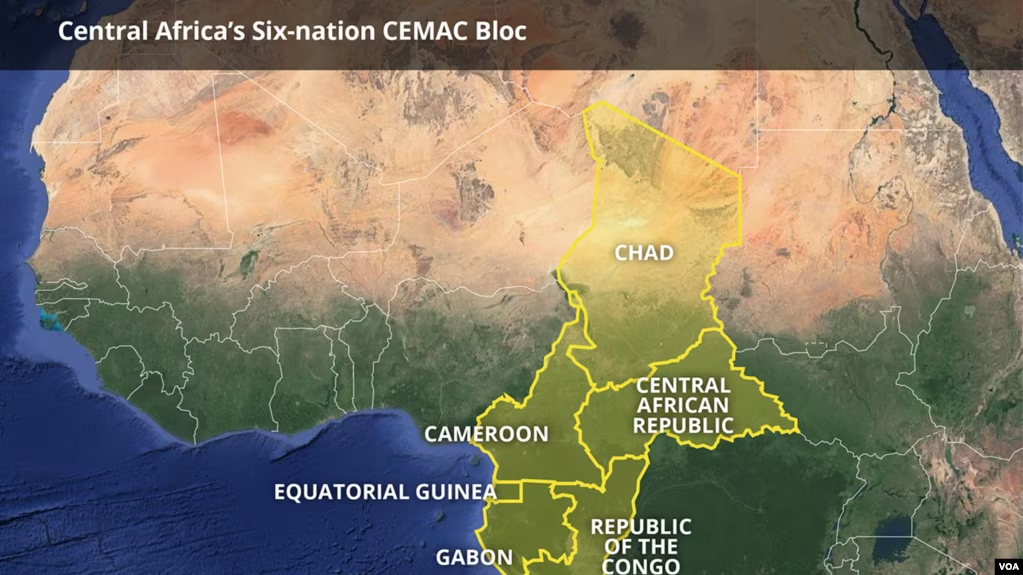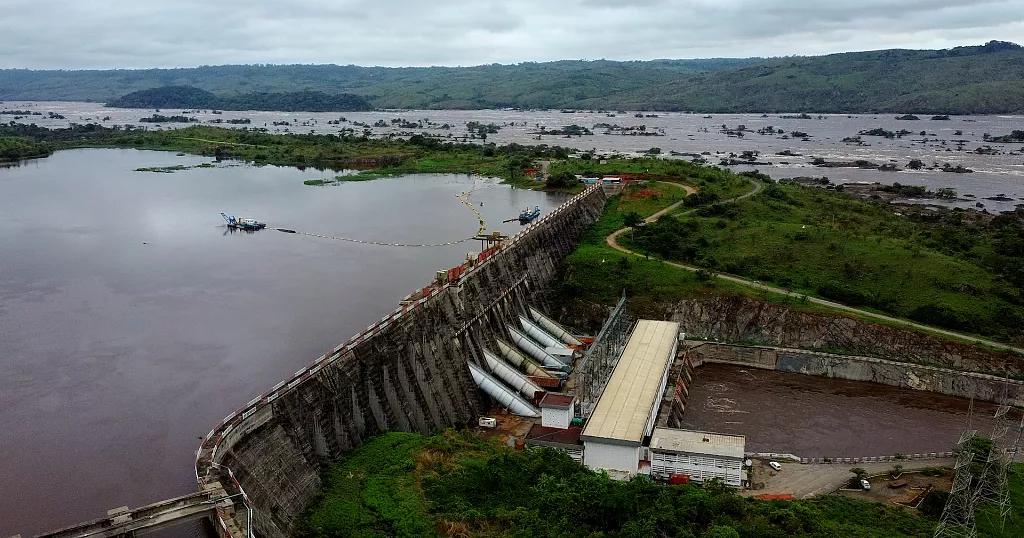A high-level meeting in Cameroon’s capital Yaounde has failed to reach a consensus on merging three central African economic blocs, the official reason being that the process would take longer than the leaders had expected.
Analysts have long argued that breaking down economic barriers among member countries of the Central African Economic and Monetary Community (CEMAC), the Economic Community of Central African States (ECCAS), and the Economic Community of the Great Lakes Countries (CEPGL) would boost trade and growth in a region that counts among the world’s poorest and most conflict-ridden. But during a recent meeting in Cameroon’s capital, presidents and finance ministers from eleven central African countries have failed to agree on combining these three economic blocs into one.
According to Gilberto Da Piedade Verissimo, the ECCAS president, the process of fusing the economic blocs is taking longer than planned because of a lack of political will, conflicting interests and bureaucratic duplication among three rival economic groups.
Speaking in a recent webinar titled ‘Unifying Regional Economic Communities: Are We on Track in Central Africa?’, Jacob Kotcho, director of the ECCAS common market, pulled no punches in his assessment of the moribund rationalization process agreed to by heads of state back in 2009. In his view, the policy paralysis is due to the lack of consensus on the methodology — whether to fold CEMAC and the CEPGL into ECCAS or dissolve all existing bodies to create an entirely new community. “The different perceptions of the rationalization approach has been the main stumbling block,” Kotcho stated bluntly. Over a decade of dithering has eroded credibility and ruptured trust between regional actors. ECCAS, created in 1983, is officially recognized by the African Union as central Africa’s regional economic community, while CEMAC was launched in 1999 and ECCAS four years later.



